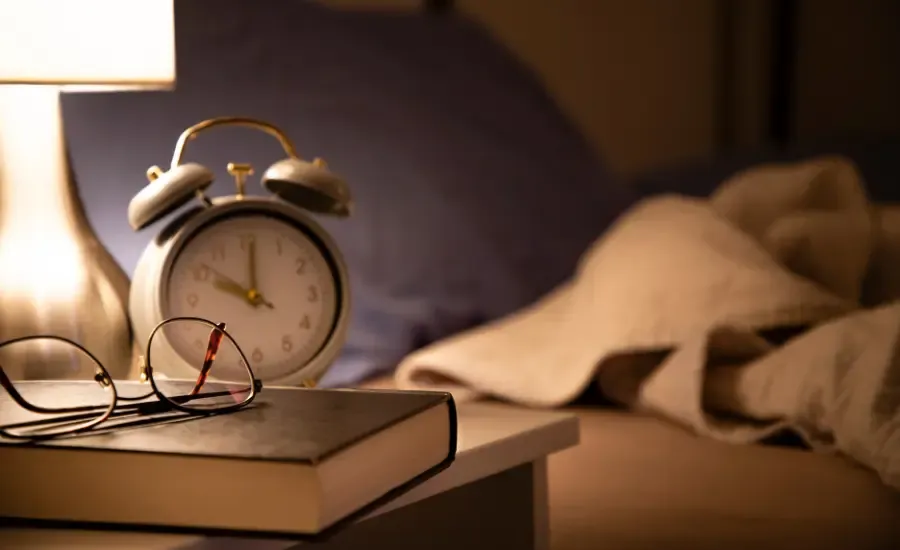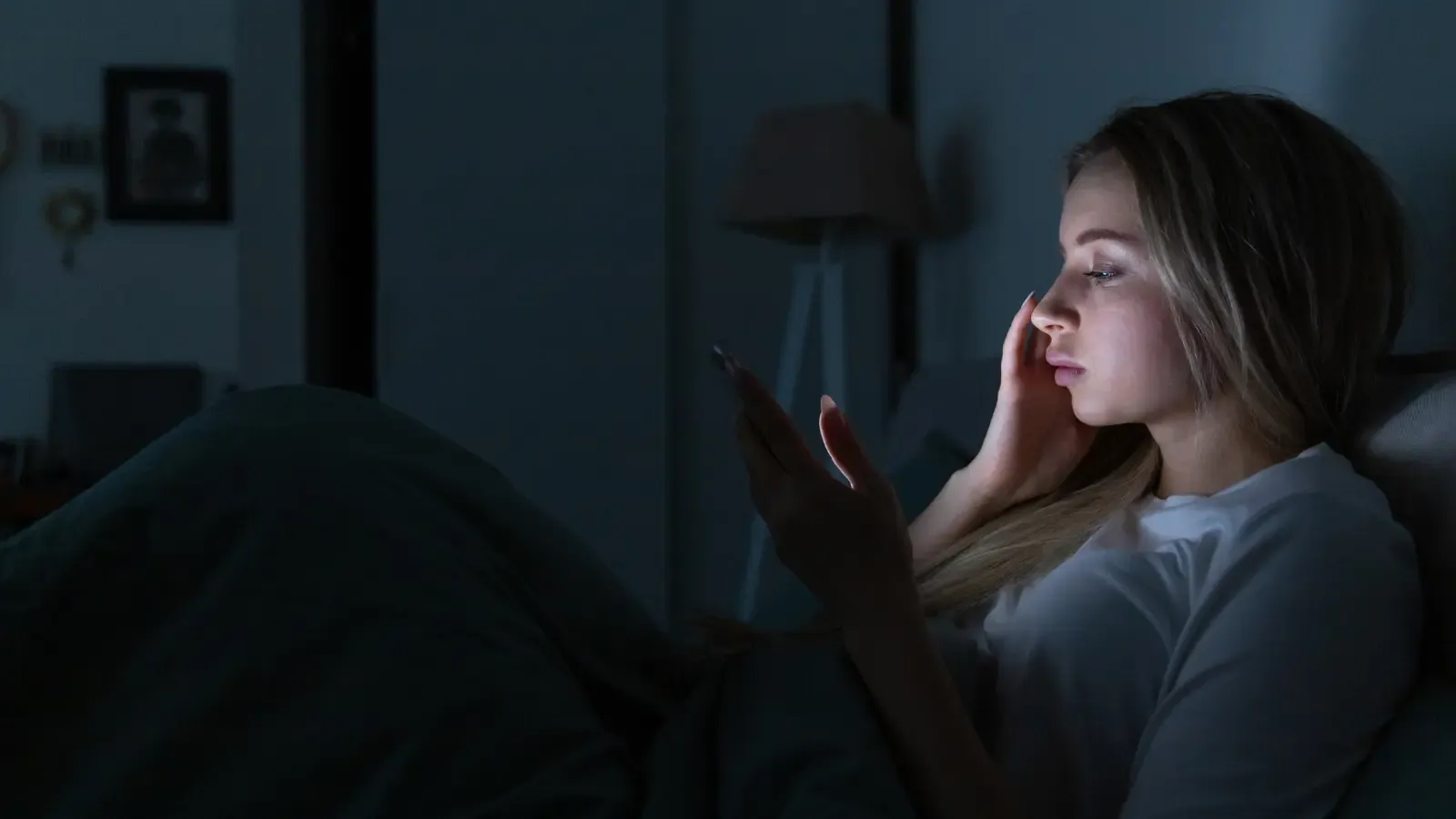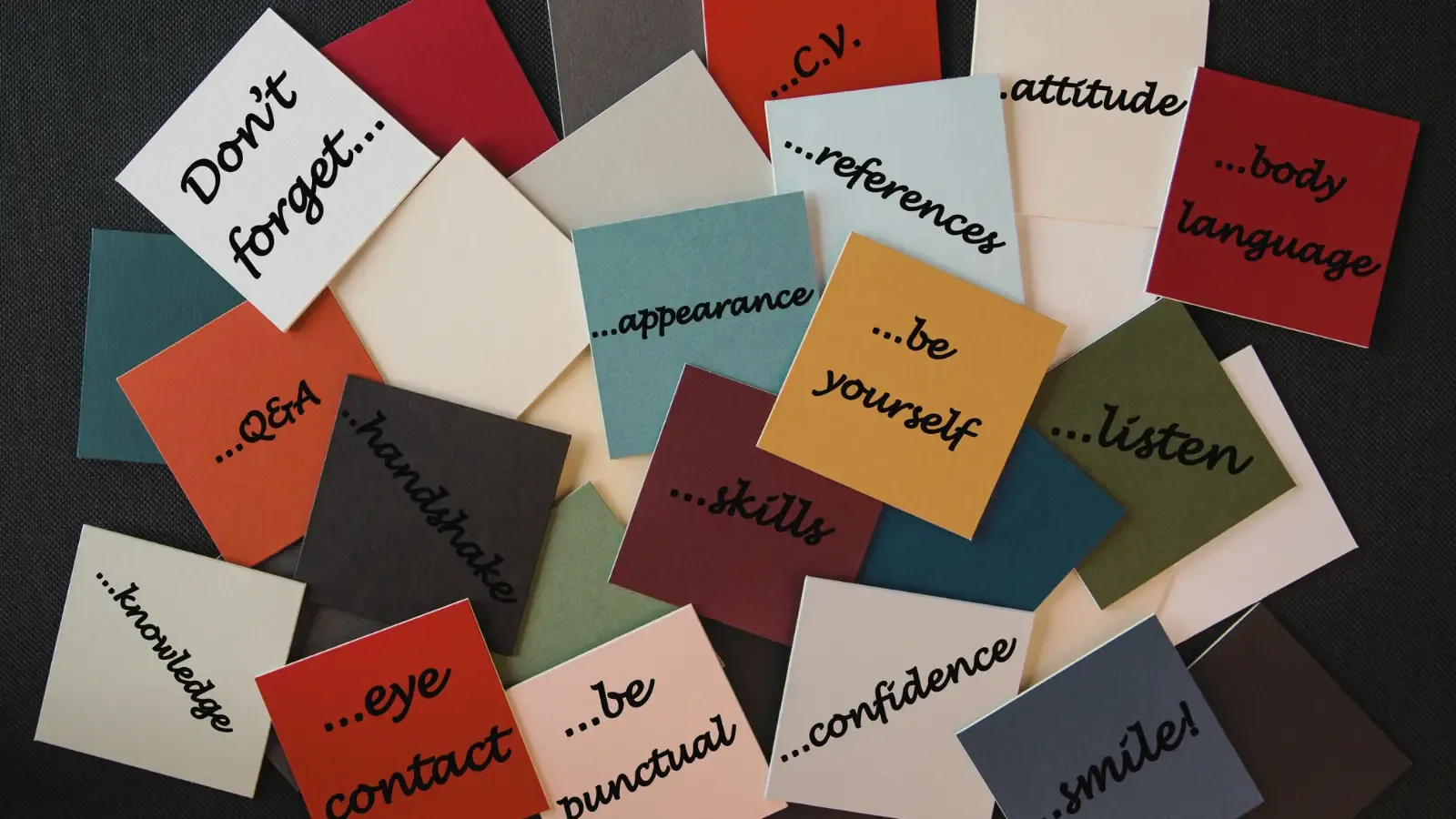It's almost midnight. You're exhausted. You have an 8 AM meeting tomorrow. But instead of sleeping, you're three episodes deep into a show you've already seen, scrolling through social media, or finally reading that book that's been on your nightstand for months. You know you'll regret this tomorrow, but right now? This feels like the only time that's truly yours.
If this sounds familiar, you're not alone-and there's actually a name for it. Revenge bedtime procrastination is the phenomenon of staying up late despite being tired, simply to reclaim personal time lost to work and obligations. According to research published in Frontiers in Psychology, this behavior is increasingly common among working adults, particularly those feeling a lack of control over their daytime schedules. Understanding why we do this is the first step to breaking the cycle without losing ourselves in the process.
What Is Revenge Bedtime Procrastination?
The term originated in China, where it's called "bàofùxìng áoyè", literally translating to "retaliatory staying up late." It describes the act of sacrificing sleep to reclaim leisure time, even when you're fully aware of the negative consequences.
But this isn't just procrastination in the traditional sense. You're not avoiding a task; you're actively reclaiming something. Sleep researcher Dr. Wendy Troxel notes that this behavior often stems from feeling like our waking hours are entirely consumed by productivity and obligations. The late-night hours become our rebellion, our tiny act of autonomy in schedules we didn't fully choose.

The criteria for revenge bedtime procrastination include three key elements: delaying sleep reduces your total sleep time, there's no valid reason keeping you awake (like insomnia or an urgent deadline), and you're aware you'll face negative consequences tomorrow. Sound like your Tuesday night? Let's dig into why.
The Psychology Behind Our Late-Night Rebellion
Here's what makes revenge bedtime procrastination different from regular old staying-up-too-late: it's psychological, not physiological. Your body is begging for sleep, but your mind is saying "not yet."
Research from the Netherlands published in Sleep Medicine Reviews found that people with demanding jobs and little perceived control over their schedules are most susceptible. When your entire day is dictated by meetings, deadlines, emails, and other people's needs, those late-night hours feel like the only time you're the boss of yourself.
There's also the issue of "time scarcity." A 2021 study in the Journal of Consumer Research showed that feeling rushed and time-pressured during the day creates a scarcity mindset. We start hoarding time at night the way someone might hoard resources during a shortage. It's not logical-you're literally stealing from your own rest-but it's deeply human.
The autonomy piece is crucial. According to Self-Determination Theory, humans have three basic psychological needs: autonomy, competence, and relatedness. When our days are filled with external demands and limited choice, we're left with an unmet need for autonomy. Those hours scrolling TikTok at midnight? They're your psyche's way of saying "I need to feel like I'm choosing something for me."
Read: How to Set and Preserve Boundaries
The Real Cost of Trading Sleep for 'Me Time'
Let's be real about what this costs us. The occasional late night isn't the problem-it's the pattern that gets us.
Sleep deprivation compounds. Missing an hour here and there might feel manageable, but according to the Centers for Disease Control and Prevention, adults need 7-9 hours of sleep per night for optimal health. When revenge bedtime procrastination becomes a habit, you're running a chronic sleep deficit.
The consequences show up everywhere. Cognitively, you're operating below capacity-slower thinking, worse memory, impaired decision-making. A 2020 study in Nature and Science of Sleep found that sleep-deprived workers made more errors, showed decreased creativity, and had harder times regulating emotions. Emotionally, you're more reactive, more anxious, and more likely to feel overwhelmed by small stressors.
Physically, chronic sleep loss is linked to weakened immune function, increased risk of chronic conditions, and even weight gain due to disrupted hunger hormones. And here's the cruel irony: the worse you sleep, the less effective you are during the day, which makes you feel even less in control, which perpetuates the cycle.
But perhaps the most frustrating part? The "me time" we're fighting for doesn't even feel that good when we're exhausted. Research shows that our enjoyment of leisure activities decreases significantly when we're tired. That show you stayed up to watch? You'd actually enjoy it more if you were well-rested.
Breaking the Cycle Without Losing Yourself
Here's where most advice about this falls short: they tell you to "just go to bed earlier" without addressing why you're not. The solution isn't discipline-it's redesign.
Reclaim Micro-Moments During Your Day
The reason we stay up isn't actually about needing more time. It's about needing time that feels like ours. Start finding these moments during daylight hours.
Try this: Set three 10-minute "untouchable" breaks in your workday. Not for productivity, not for catching up on emails-for you. Take a walk without your phone. Sit with your coffee without multitasking. Read a chapter of a book. These micro-moments of autonomy can reduce the psychological need to "get your time back" at night.
Create an Evening Buffer Zone
Instead of powering through work until bedtime, create a transition period to help you wind down. Think of it as a decompression chamber between "work mode" and "sleep mode."
Starting 60-90 minutes before bed, shift into activities that are genuinely restful but still feel like "your time." This might be a skincare routine, stretching, journaling, or yes, watching one episode of that show-but with an endpoint you've decided in advance.
The key is making it feel like a choice, not a chore. You're not "going to bed early"-you're choosing to spend your evening in a way that serves tomorrow-you.
Read: 5 Fall Wellness Rituals That Actually Fit Into Your Schedule
Negotiate Your Daytime Boundaries
This is the hard one, but often the most necessary. If your days are so packed that you have literally zero discretionary time, the problem isn't your sleep schedule-it's your boundaries.
For instance, can you block 15 minutes on your calendar for lunch that's actually lunch? Can you push back on one meeting this week? Can you stop checking emails after a certain time? Sometimes, revenge bedtime procrastination is telling us that we need to reclaim time during the day, not just steal it from the night.
Reframe Your Relationship with Sleep
Stop thinking of sleep as something you "have to do" and start seeing it as something you're choosing for yourself. Sleep isn't the enemy of your autonomy-exhaustion is.

When you're well-rested, you're more creative, more productive, better able to set boundaries, and more capable of enjoying your actual free time. Sleep isn't taking time away from you; it's giving you the capacity to fully show up for the time you have.
Use Implementation Intentions
Research shows that vague goals ("I'll go to bed earlier") fail. Specific "if-then" plans work better.
Examples:
- "If it's 10:30 PM, then I'll start my bedtime routine, even if I want to watch one more episode."
- "If I'm tempted to scroll at 11 PM, then I'll put my phone in another room and read for 15 minutes instead."
- "If I feel like I got no 'me time' today, then I'll wake up 20 minutes early tomorrow to have coffee in silence before starting work."
These implementation intentions create automatic patterns that require less willpower in the moment.
Read: The Realistic Influencer Morning Routine That Can Make Your Mornings Better
When to Seek Additional Support
Sometimes, revenge bedtime procrastination is a symptom of something bigger. If you're experiencing:
- Persistent insomnia, even when you try to sleep
- Overwhelming anxiety or depression
- Burnout that goes beyond normal work stress
- Physical symptoms like chronic fatigue or pain
It's worth talking to a healthcare provider or therapist. Sleep issues can be both a cause and effect of mental health challenges, and addressing the underlying factors might require professional support.
Disclaimer: This article is for informational purposes only and is not a substitute for professional medical advice. If you're experiencing persistent sleep problems or mental health concerns, please consult with a licensed healthcare provider.
You Deserve Rest And Autonomy
Here's what nobody tells you about revenge bedtime procrastination: both needs are valid. You genuinely do need time that feels like yours. And you genuinely do need sleep. The answer isn't choosing one over the other-it's restructuring your life so you can have both.
The change shouldn't be overwhelming and completely radical. Maybe it's one 10-minute break during your workday. Maybe it's creating a 30-minute buffer zone before bed that's actually enjoyable. Maybe it's finally having that conversation about workload with your manager.
The goal isn't to be able to do it from the very first night. Some nights, you'll still choose the extra episode, and that's okay. But when staying up late shifts from an occasional choice to a desperate daily habit, it's worth asking what you're really fighting for, and whether there's a better way to get it.
Sources & Further Reading:
Floor M. Kroese, et al. (2014). "Bedtime procrastination: introducing a new area of procrastination." Frontiers in Psychology.
Troxel, W. (2020). "The Link Between Work Stress and Sleep." RAND Corporation.
Etkin, J., et al. (2021). "The Time Famine." Journal of Consumer Research.
Centers for Disease Control and Prevention. "How Much Sleep Do I Need?"
Lim, J., & Dinges, D. F. (2020). "Sleep deprivation and vigilant attention." Nature and Science of Sleep.
About the author
Sofia is a Wellness Coach, and for the last decade, she has been working with women to achieve their work-life balance and prioritize their wellbeing in a world that never stops. She writes about the intersection of mental health, productivity, and sustainable self-care.
 THE WORKING GAL
THE WORKING GAL





